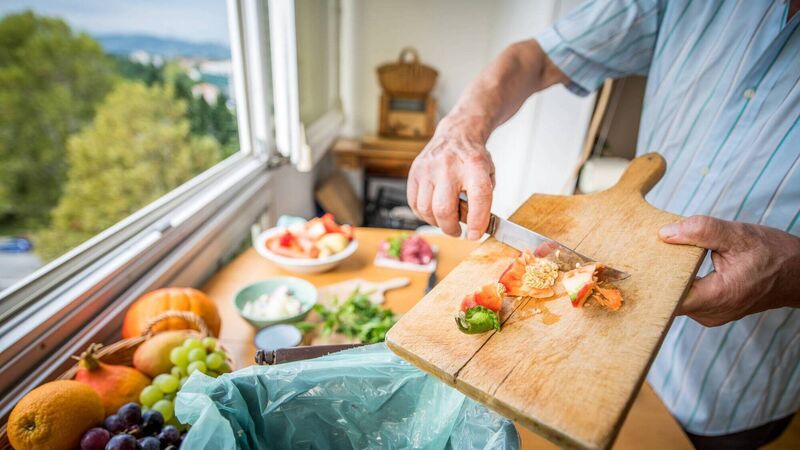How Ireland can stop wasting a million meals a day

Food waste costs households an average of €700 per year.
New figures from the Environmental Protection Agency (EPA) show we generated more than 750,000 tonnes of food waste in 2022. Moreover, there has been no significant decrease in the amount of food we threw out compared to either 2021 or 2020.
CLIMATE & SUSTAINABILITY HUB














